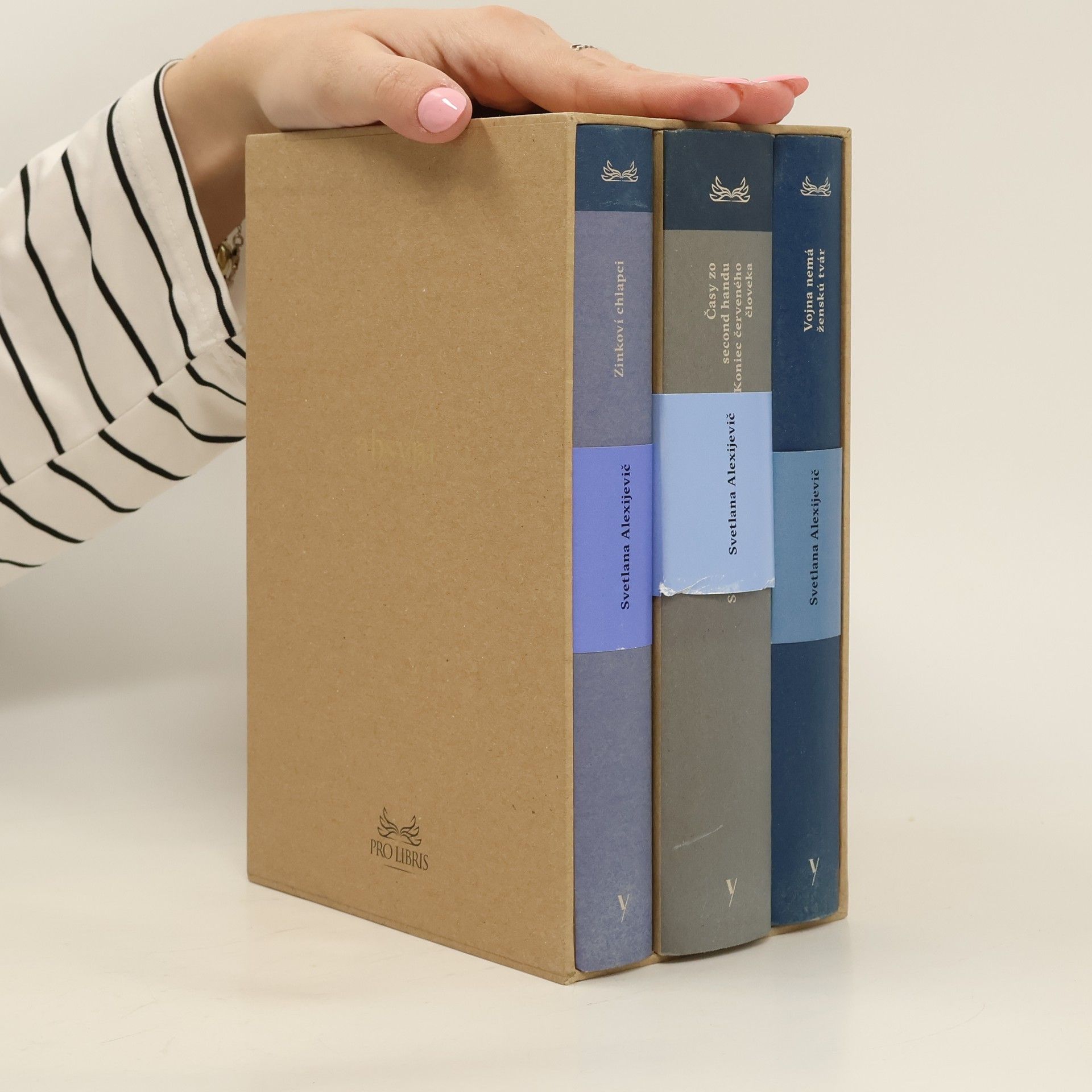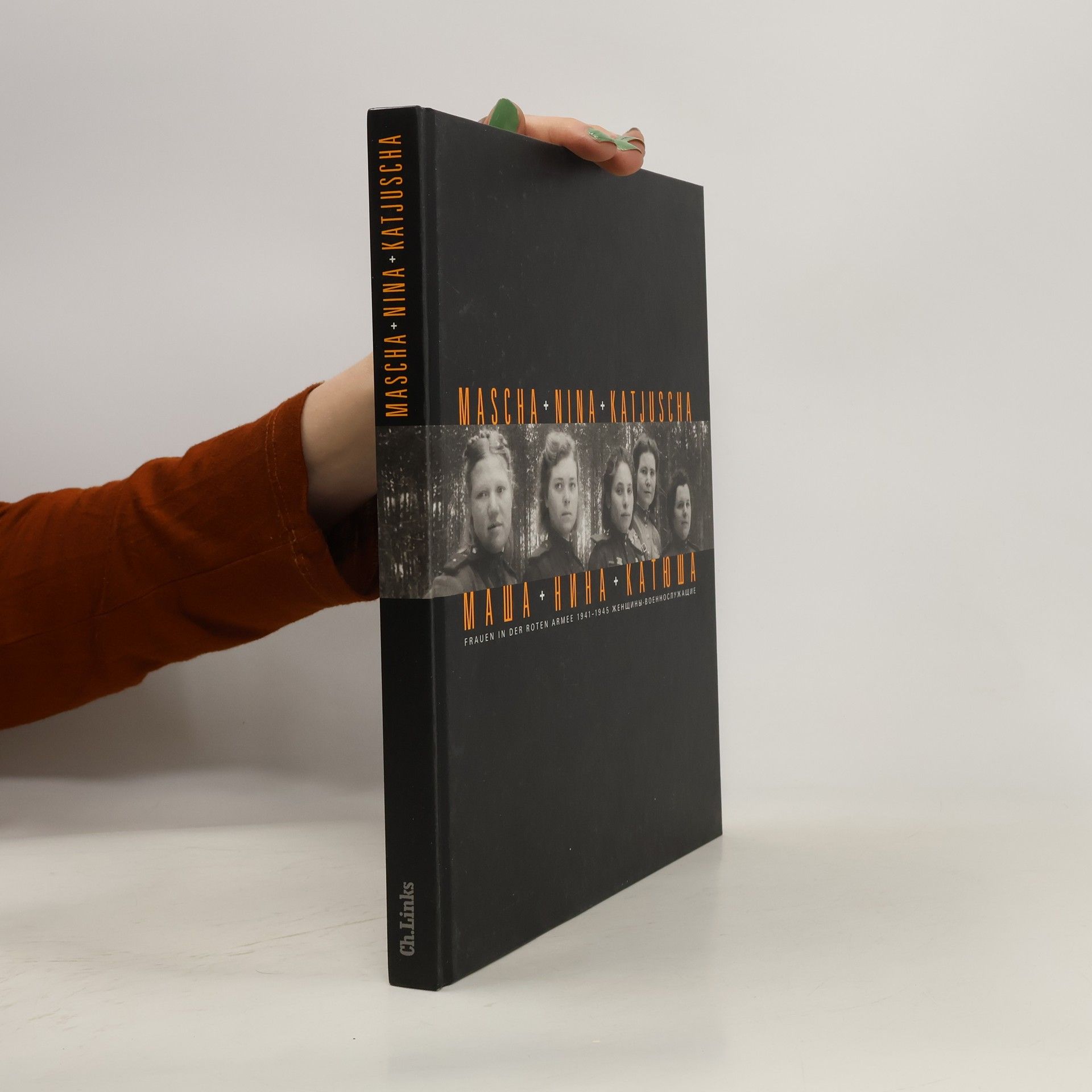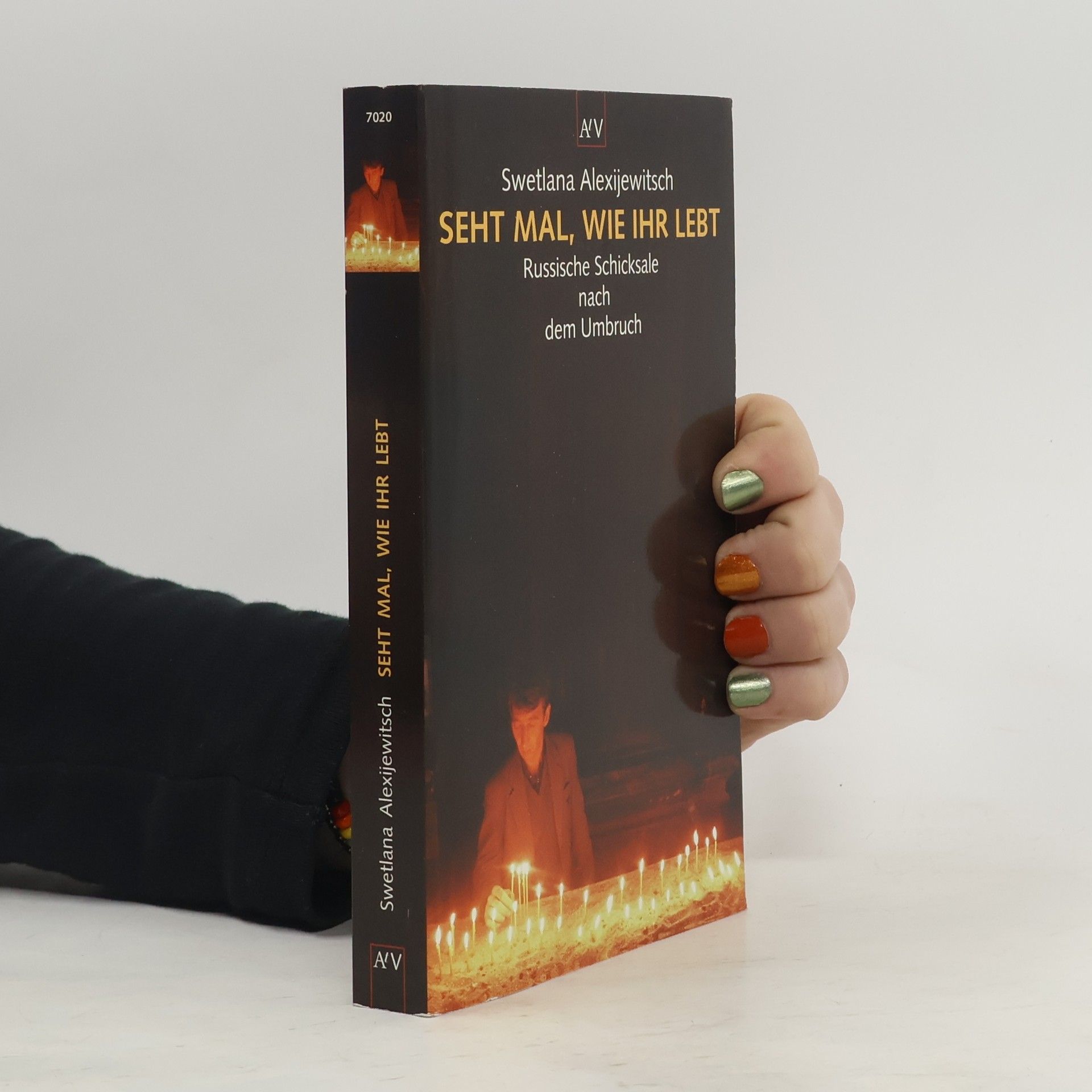Des bribes de conversations me reviennent en mémoire... Quelqu'un m'exhorte : ? Vous ne devez pas oublier que ce n'est plus votre mari, l'homme aimé qui se trouve devant vous, mais un objet radioactif avec un fort coefficient de contamination. Vous n'etes pas suicidaire. Prenez-vous en main ! Tchernobyl. Ce mot évoque dorénavant une catastrophe écologique majeure. Mais que savons- nous du drame humain, quotidien, qui a suivi l'explosion de la centrale ? Svetlana Alexievitch nous laisse entrevoir un monde bouleversant : celui des survivants, a qui elle cede la parole. L'événement prend alors une tout autre dimension. Pour la premiere fois, écoutons les voix suppliciées de Tchernobyl.
Světlana Alexandrovna Alexijevič Livres

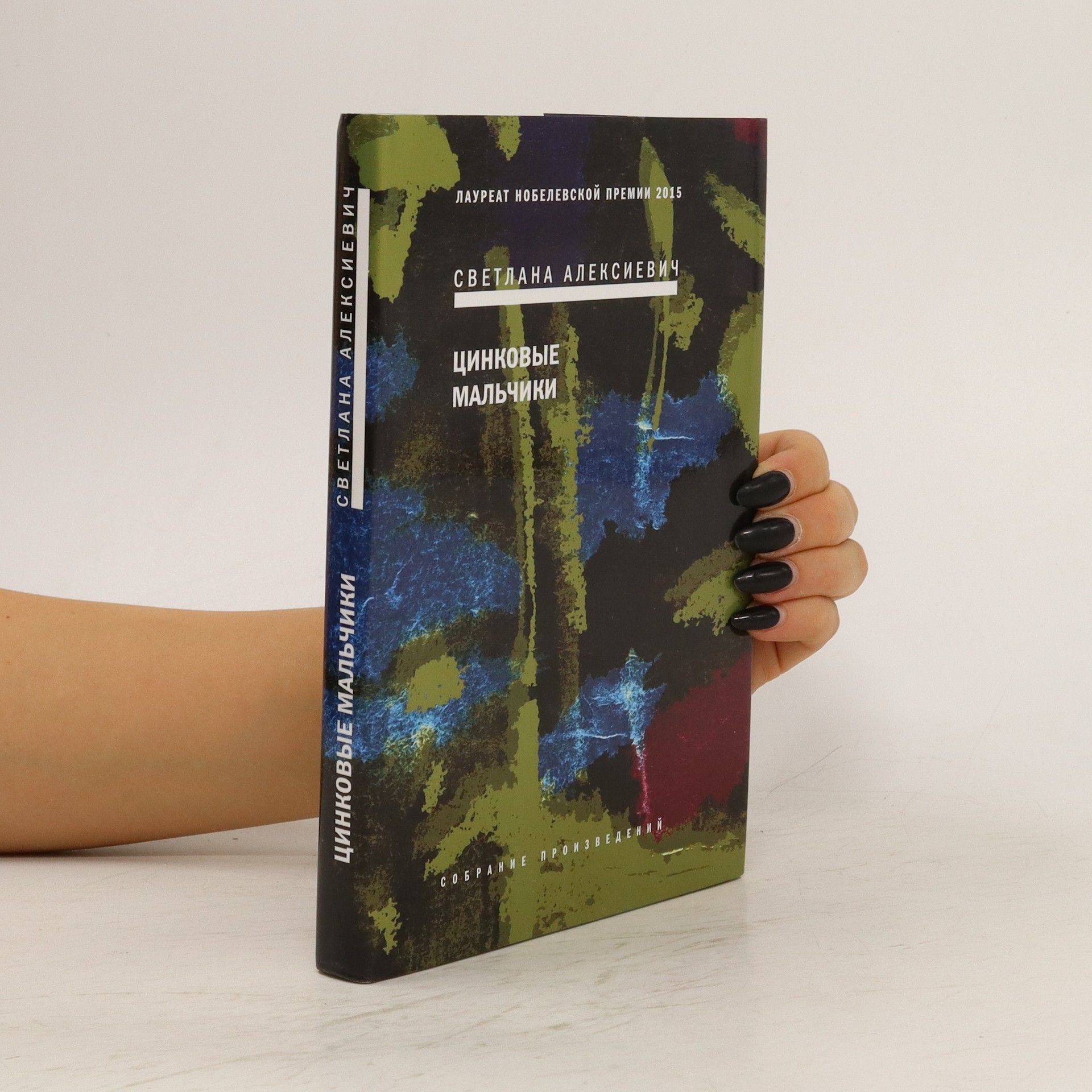
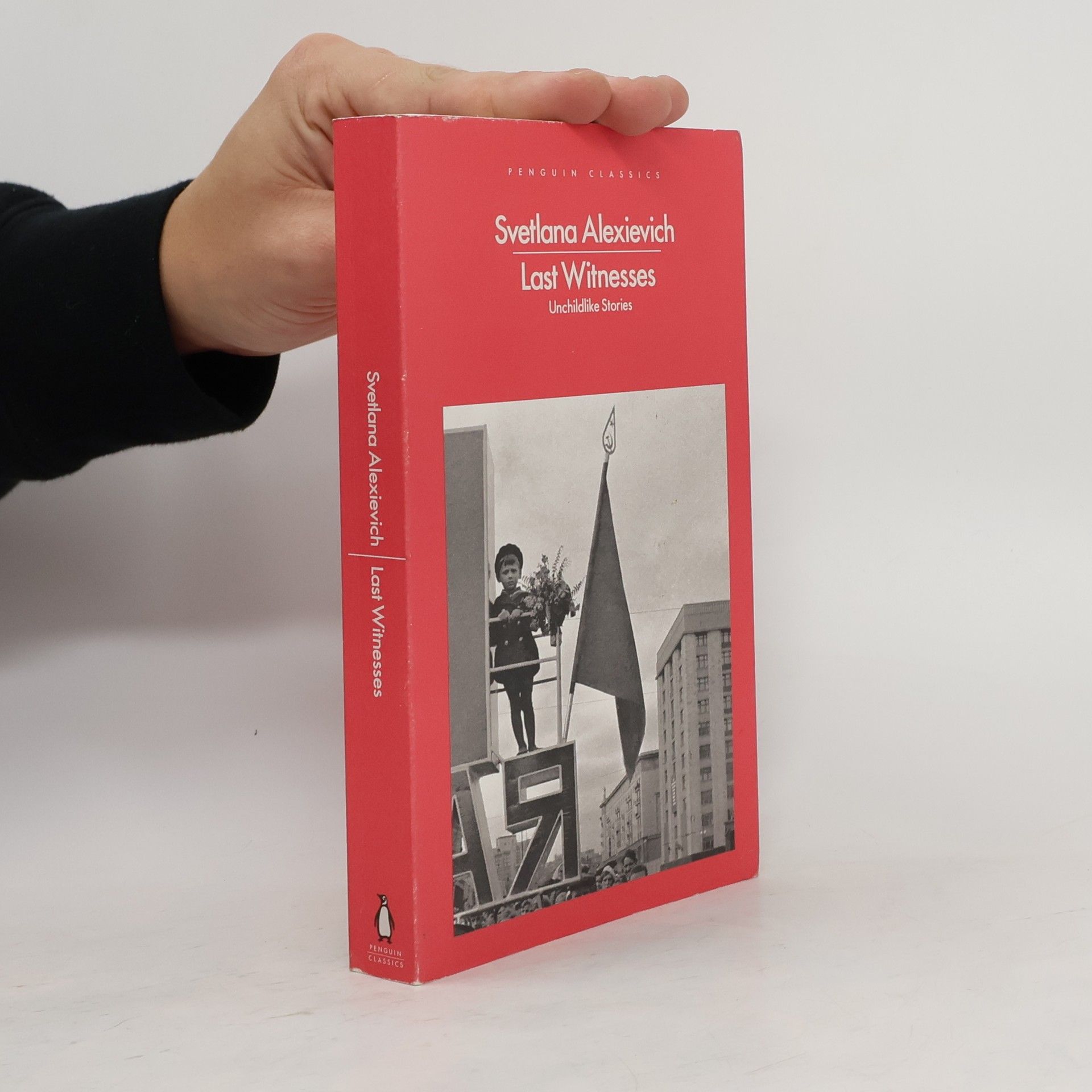

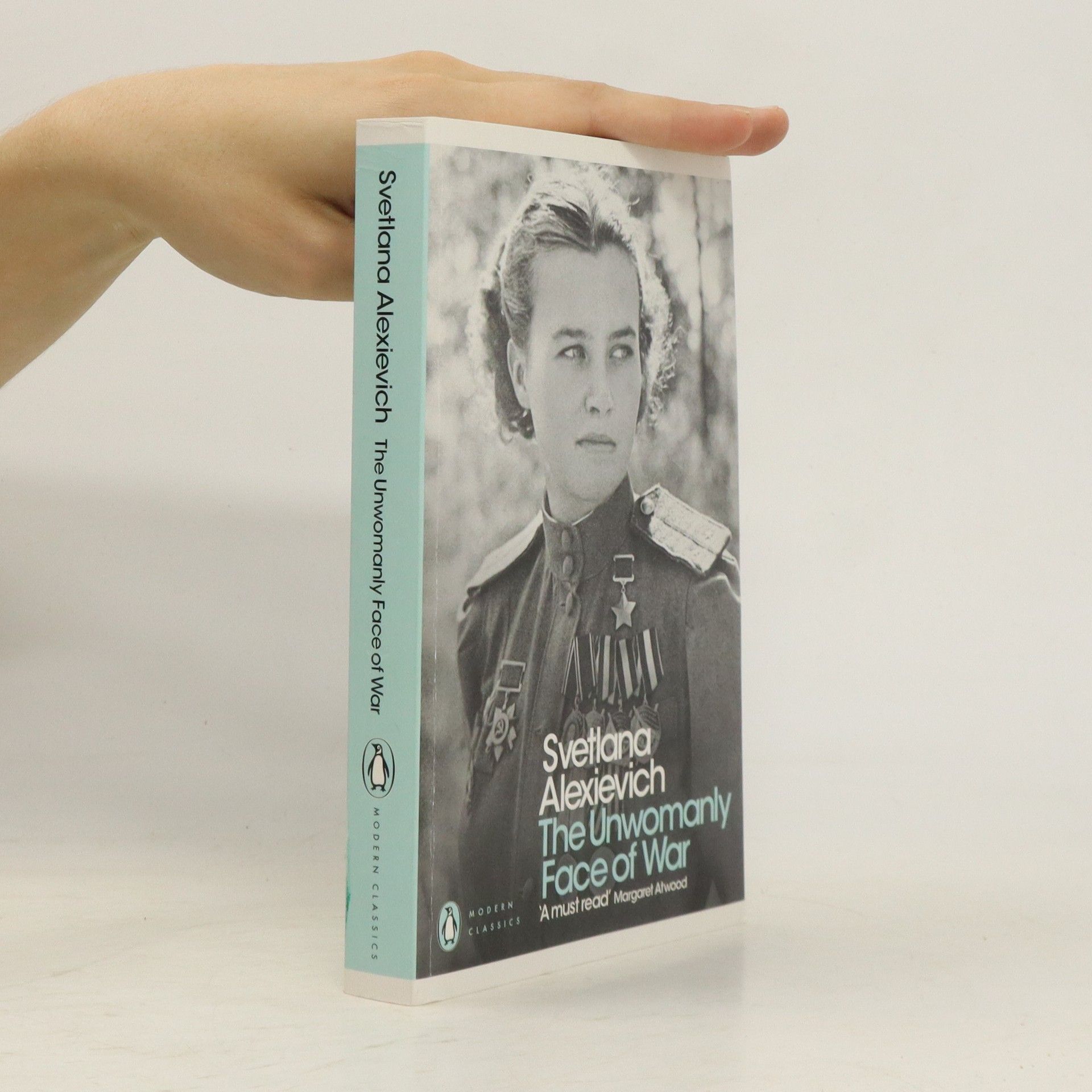

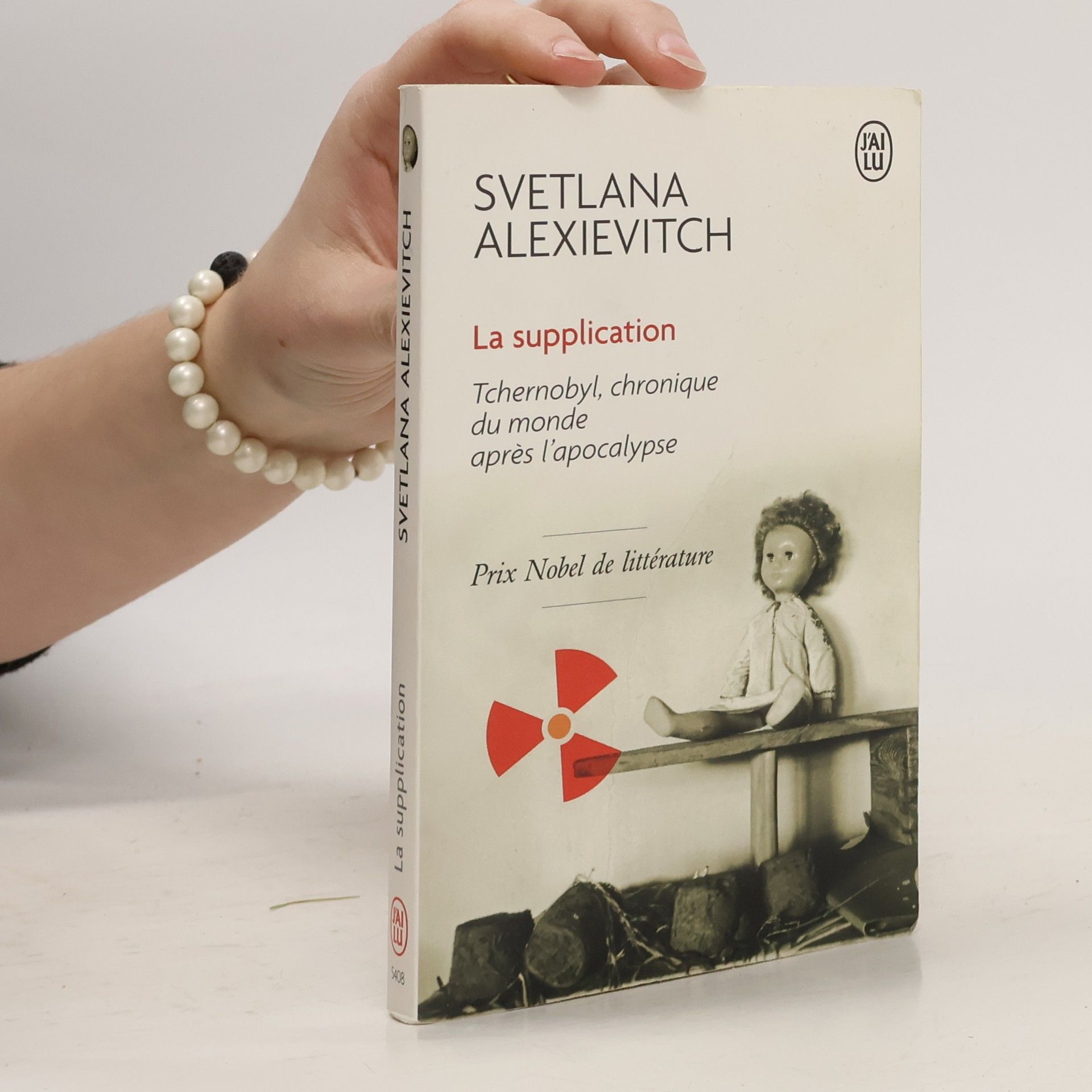
Dix années de la guerre des Soviétiques en Afghanistan vues à travers les témoignages recueillis par la journaliste auprès des soldats et en URSS auprès de leurs proches. Avec des chroniques et des extraits du procès intenté à l'auteure pour la parution de cet ouvrage
The Unwomanly Face of War
- 384pages
- 14 heures de lecture
The Unwomanly Face of War is Svetlana Alexievich's collection of stories from Soviet women who lived through the Second World War: on the front lines, on the home front, and in occupied territories. As Alexievich gives voice to women who are absent from official narratives - captains, sergeants, nurses, snipers, pilots - she shows us a new version of the war we're so familiar with, creating an extraordinary alternative history from their private stories. Published in 1985 in Russia and now available in English for the first time, The Unwomanly Face of War was Alexievich's first book and a huge bestseller in the Soviet Union, establishing her as a brilliantly revolutionary writer.
SECOND-HAND TIME is the latest work from Svetlana Alexievich, winner of the 2015 Nobel Prize in Literature. In this book she creates a singular, polyphonic literary form by bringing together the voices of dozens of witnesses to the collapse of the USSR in a brilliant, poignant and unique portrait of post-Soviet society.
Last Witnesses
- 320pages
- 12 heures de lecture
Bringing together dozens of voices in her distinctive style, Last Witnesses is Svetlana Alexievich's collection of the memories of those who were children during World War II. These men and women were both witnesses and sometimes soldiers as well, and their generation grew up with the trauma of the war deeply embedded in them--a trauma that would forever change the course of the Russian nation. This is a new version of the war we're so familiar with. Alexievich gives voice to those whose stories are lost in the official narratives, creating a powerful alternative history from the personal and private experiences of individuals. Collectively, these voices provide a kaleidoscopic portrait of the human consequences of the war
Svetlana Alexijevič vo svojej knižnej sade skúma hlboké psychologické a sociálne aspekty života v postsovietskom priestore. Prvá časť sa zameriava na osudy mladých mužov, ktorí sa ocitli v zložitých podmienkach a museli čeliť výzvam, ktoré im priniesol život v období transformácie. Autorka prostredníctvom rozhovorov a osobných príbehov zachytáva ich vnútorné boje, túžby a sklamania. Druhá časť sa zaoberá témou vojny a jej dopadom na ženy, pričom analyzuje, ako vojna mení identitu a každodenný život. Alexijevič sa sústreďuje na hlasy žien, ktoré prežili vojnové hrôzy, a odhaľuje ich silu a odolnosť v ťažkých časoch. Tretia časť skúma koniec ideológie a transformáciu spoločnosti, pričom sa zaoberá otázkami identity, pamäti a osobného prežitia v kontexte historických zmien. Kniha je prepletená osobnými svedectvami, ktoré odrážajú komplexnosť a mnohovrstevnosť ľudskej existencie v turbulentných obdobiach. Celkový tón diela je introspektívny a kritický, pričom sa snaží preniknúť do psychológie jednotlivca a jeho vzťahu k širšiemu spoločenskému kontextu.

